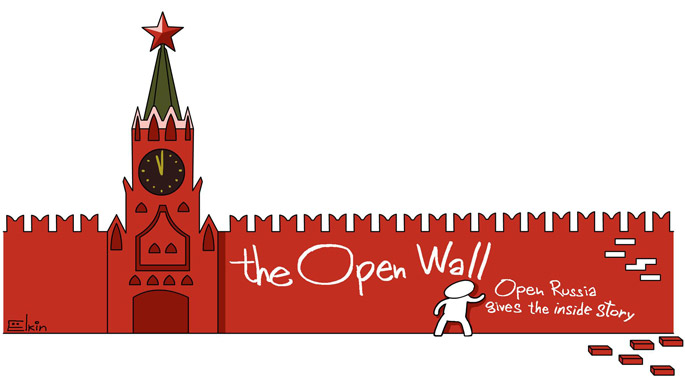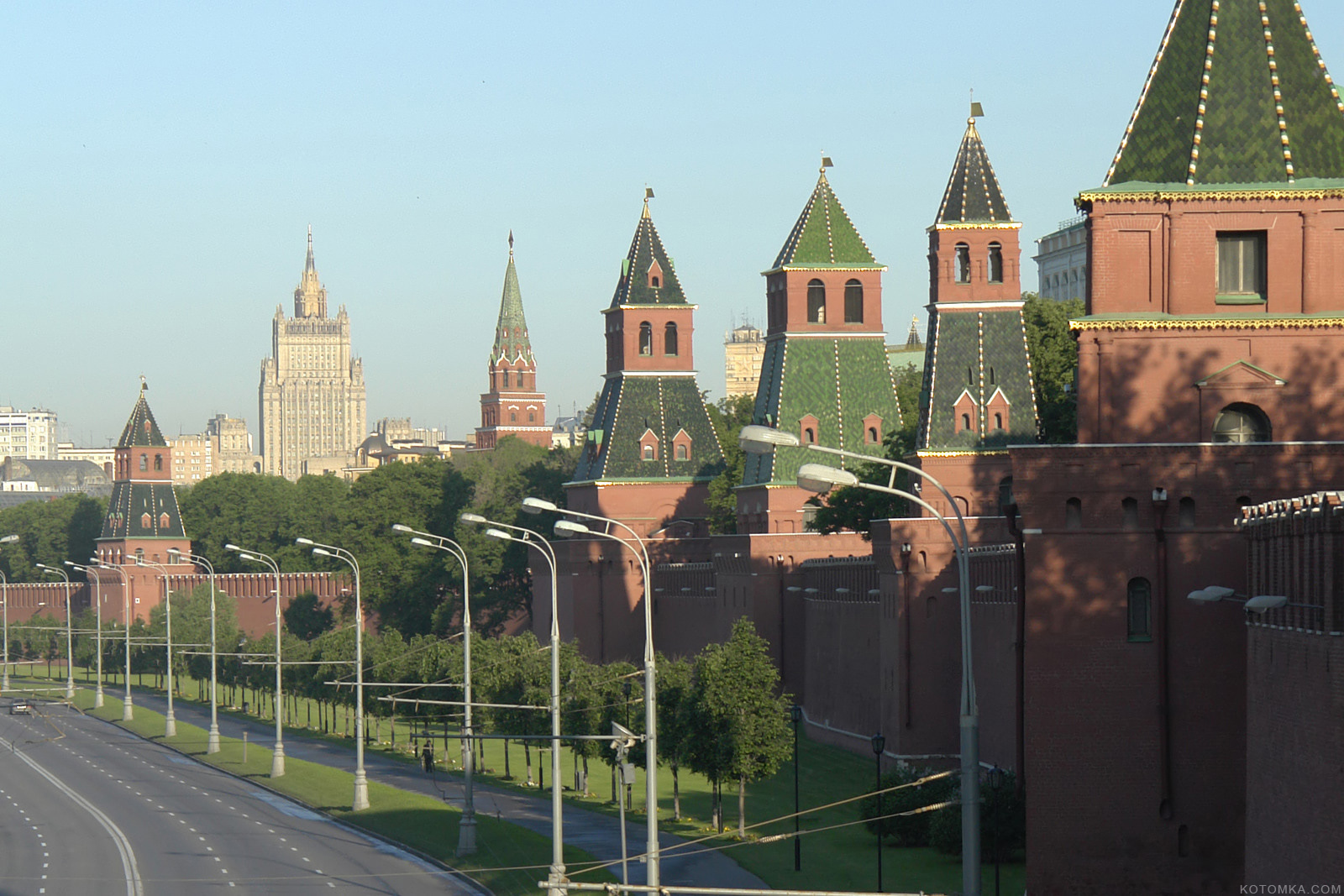Method in the madness

Method in the madness
For the past two weeks, Kremlinologists have been agog at the avalanche of messages coming from the Kremlin “towers” intimating some kind of thaw.

The last unpredictable election in Russia took place back in 1999, and for 17 years the presidential administration has pretended that politics does not exist, while trying to simulate it all the same, not unlike the Monty Python shopkeeper who claims that the dead parrot just moved. And although we’ve long wised up, we still sometimes want to believe that the lifeless bird really is showing signs of life.
Crucial to the Kremlin’s Byzantine system of communications are the “signals.” They are picked up by Kremlinologists – the experts and political scientists who try to decipher the subtle hints emanating from the Kremlin “towers” (i.e. the power clans) and, more importantly, what is happening in Putin’s mind. Solving these puzzles and riddles is no easy task. The Enigma Code is a doddle compared with this schizophrenic hotchpotch of conflicting messages.
For the past two weeks, Kremlinologists have been agog at the avalanche of messages intimating some kind of thaw – so many that it seems suspicious. For instance, Vladimir Putin at the annual Valdai Club delivered a highly liberal and conciliatory speech. It turns out that Russia is not going to attack anyone. His decree to withdraw from the plutonium treaty with the US is nothing more than a “piece of paper.” But that was not all. In response to a direct question, Putin described TV presenter Dmitry Kiselyov’s words about turning the US into “radioactive dust” as “harmful rhetoric,” and distanced himself from nuclear sabre-rattling, crossing out the last two years of Russian domestic and foreign propaganda in the process.
What’s more, distinguished cultural figures have been allowed to voice criticism of censorship, while ultra-jingoists have been condemned for excessive zeal. Putin’s press secretary even suggested, something unprecedented of late, that the odious nationalist biker Alexander Zaldostanov, known as “The Surgeon” (he’s a failed medical student), should apologise for his words. We wrote about that spat last Friday.
The cherry on the melting cake was a story leaked (deliberately perhaps) to Bloomberg about a closed meeting at which Putin spoke about the recent “highly risky” incident involving Russian fighter jets and the USS Donald Cook in the Baltic Sea, prompting one of the (Russian) participants to remark: “They deserved it.” To which Putin is alleged to have replied: “Have you gone mad?”
That’s the rubric to the riddle that we have to unravel. Bloggers are already quipping that Putin was reading from the wrong text, while political scientists are dissecting whether Sergei Kiriyenko’s new team inside the presidential administration is trying to haul the Kremlin away from the jaundiced fringe and back towards the political centre. At the same time, Western analysts have begun to speculate that perhaps sanctions and cheap oil have finally hit home, because Russia clearly intends to cut military spending in the coming years. There are even rumours that Putin has come to terms with the prospect of another President Clinton.
The truth is that this puzzle is not actually meant to be understood: it is a fictitious construct aimed at giving the public (both at home and abroad) the run-around – with some success, it seems.
For some reason, the Kremlin needs us – the non-believers – to believe that it is contemplating a thaw. To a lesser extent it is aimed at domestic onlookers, since they were tamed long ago to accept whatever state television says, even if it directly contradicts yesterday’s message.
Does this mean there will be an actual thaw? Of course not. The best to be hoped for is an imitation thaw, like the imitation of liberalisation and modernisation under President Dmitry Medvedev (remember that?). This brings us back to the thesis that for 17 years Russia has had no real politics, only mimicry.
This is how the thaw will progress: TV presenters will have no trouble rewriting the scripts for their shows; Putin’s spokesman will allow himself a couple of unexpectedly candid remarks; out of the blue the president himself will condemn the prevailing “obscurantism” live on air, and ministers will describe as “idiotic” the next wave of proposals from the Duma. Does this change in rhetoric mean that Russia has decided not to restore the Middle Ages in favour of the Enlightenment?
No, it doesn’t. The fact is that the Middle Ages spiel was also a fiction. The Donetsk and Lugansk people’s republics, the Novorossia project, Orthodox values and spiritual ties were all crude forgeries.
The sudden change of tune is jarring, but what of it? There are no liberals in the Russian power elite, or conservatives for that matter. The truth is that the Russian power elite consists of individuals whose Putin connection has brought them billions of crooked dollars. They will stop at nothing to remain in power. If yesterday, Orthodox nationalism was the rage, they signed up. If tomorrow requires a thaw, they’ll sign up to that too.



